By_shalini oraon

Of Silence and Realpolitik: Trump’s Response to the Khashoggi Killing and the Question of MBS’s Complicity
The 2018 killing of journalist Jamal Khashoggi inside the Saudi consulate in Istanbul was a crime that reverberated across the globe, a brutal act that demanded moral clarity and accountability. Yet, when the world turned to the leader of the free world for a response, what it received from then-President Donald Trump was a masterclass in realpolitik and a stark revelation of where American priorities truly lay. The question of whether Saudi Crown Prince Mohammed bin Salman (MBS) knew about or ordered the killing was central to the international outcry. Trump’s answer, delivered not in a single statement but through a series of calculated actions and words, was a resounding shield of protection, built not on exoneration but on cold, strategic interest.
In the immediate aftermath of the killing, as Turkish authorities drip-fed grisly details of a premeditated murder carried out by a Saudi hit squad, the CIA, along with other international intelligence agencies, swiftly reached a conclusion with high confidence. Their assessment, later reported to Congress and leaked to the press, was direct: Crown Prince Mohammed bin Salman had personally authorized the operation to capture or kill Khashoggi. This was not a rogue operation; the individuals involved were directly tied to the Crown Prince’s inner circle.
The world waited for the U.S. President’s reaction. What followed was a defining moment of the Trump presidency. Instead of a swift condemnation targeting the de facto ruler, Trump initially expressed reluctance to believe the reports, giving the Kingdom the benefit of the doubt. He then released a statement on November 20, 2018, that would become the cornerstone of his administration’s position. Entitled “Standing with Saudi Arabia,” the statement was a profound departure from traditional American posturing on human rights.
In it, Trump openly questioned the CIA’s assessment, stating, “It could very well be that the Crown Prince had knowledge of this tragic event – maybe he did and maybe he didn’t!” He then pivoted to what he framed as paramount American interests: massive arms purchases from Saudi Arabia, the counter-Iran strategy, and maintaining stability in the region. He framed the potential punishment of Saudi Arabia as a self-inflicted wound on the U.S. economy, famously citing the supposed $110 billion in pending arms deals. “The world is a very dangerous place!” Trump wrote, arguing that to abandon Saudi Arabia would be “foolish.”
This statement was the answer. Trump was not declaring MBS innocent based on evidence; he was declaring his complicity irrelevant based on utility. The response was a clear signal that the strategic and economic partnership with the Saudi state, as envisioned by the Trump administration, was too vital to jeopardize over the killing of a single journalist, even one who wrote for The Washington Post.
This posture was maintained consistently. When Congress, in a rare bipartisan move, moved to impose concrete consequences, Trump vetoed the resolutions. His administration imposed sanctions on lower-level operatives directly involved in the killing, but the command structure, the circle around MBS, was left untouched. The message was clear: the foot soldiers would be sacrificed, but the prince would be protected.
To understand Trump’s response is to understand his view of global leadership and alliance. It was a transactional worldview, stripped of the ideological framing that had characterized much of post-WWII American foreign policy. In this calculus, moral outrage was a luxury, and human rights were a secondary concern to economic gain and geopolitical maneuvering. The relationship with MBS was a key component of this strategy. The Crown Prince represented a bold, modernizing (in an economic sense) leader willing to align with U.S. objectives against Iran and to purchase American weapons on an unprecedented scale.
Furthermore, the response was deeply personal. The Trump family, particularly his son-in-law and senior advisor Jared Kushner, had cultivated a close, back-channel relationship with MBS. This “bond” bypassed traditional diplomatic channels and created a dynamic of personal loyalty that appeared to supersede institutional assessments. To have condemned MBS would have been to repudiate Kushner’s primary foreign policy achievement and to disrupt a personal political alliance.
The consequences of this response were profound. Internationally, it damaged the United States’ moral standing. Allies in Europe, who had imposed their own sanctions and condemned the Saudi leadership, were left bewildered, seeing the U.S. abdicate its role as a champion of human rights. For authoritarian regimes worldwide, it sent a powerful message: alignment with U.S. economic and strategic interests could serve as a shield against accountability for even the most egregious acts.
For the Saudi leadership, it was an unqualified victory. MBS, initially isolated and under intense global pressure, found that with the unwavering support of the White House, he could weather the storm. The crisis passed without any meaningful check on his power. In fact, it may have emboldened him, proving that his position was unassailable as long as he maintained his strategic value to Washington.
For Jamal Khashoggi and the cause of press freedom, Trump’s response was a brutal dismissal. It framed Khashoggi’s life and death as a trivial variable in a much larger geopolitical equation. The pursuit of truth and justice was subordinated to the logic of arms deals and regional dominance.
In the end, Donald Trump never explicitly stated, “The Crown Prince did not know.” He didn’t have to. His response—a mix of willful skepticism of his own intelligence agencies, a public prioritization of financial and strategic interests, and a refusal to countenance any punishment that targeted the Saudi leadership—provided a de facto answer more powerful than any direct declaration. It was an answer that spoke not to the facts of the case, but to the cold, uncompromising priorities of an America led by a president for whom transaction was the highest form of diplomacy. The question of MBS’s knowledge was met not with an investigation, but with an invoice, and the cost of accountability was deemed too high to pay.
Discover more from AMERICA NEWS WORLD
Subscribe to get the latest posts sent to your email.
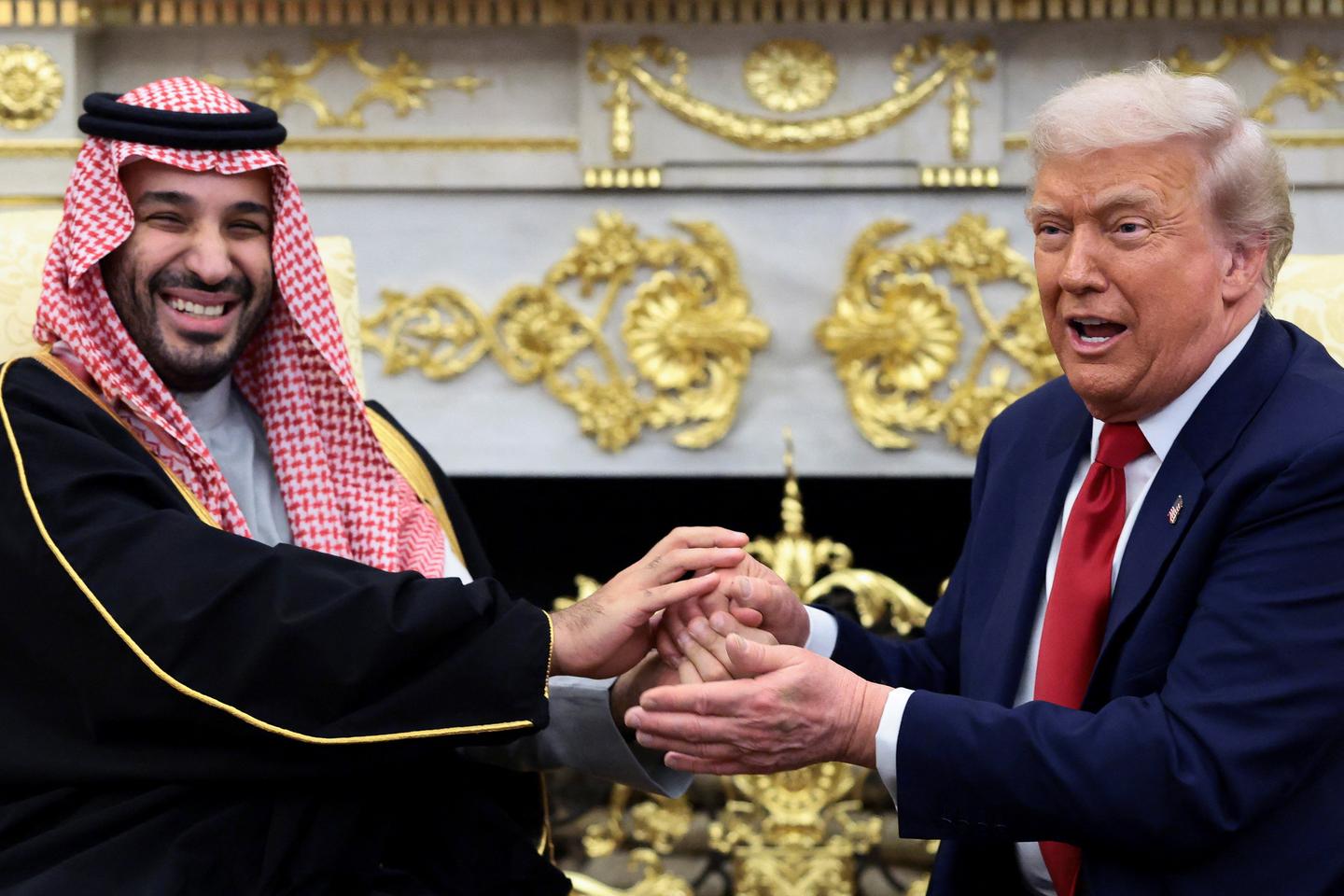


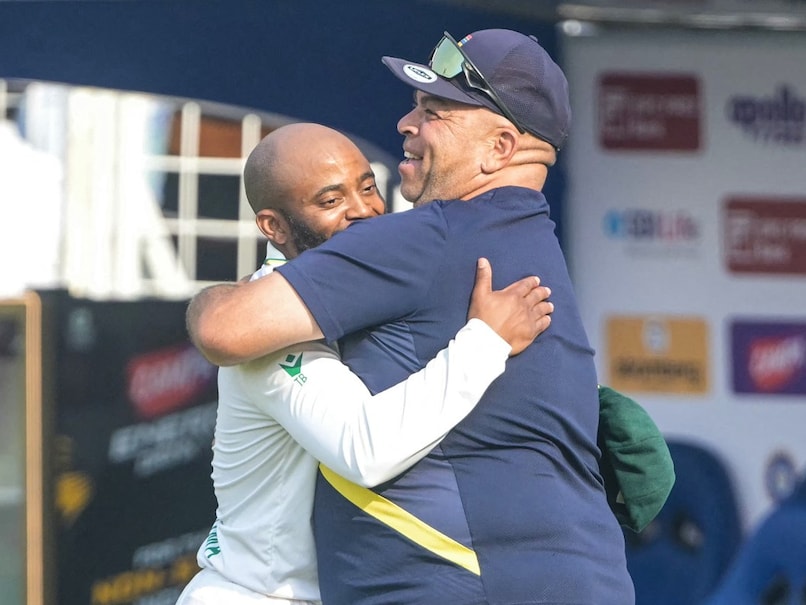
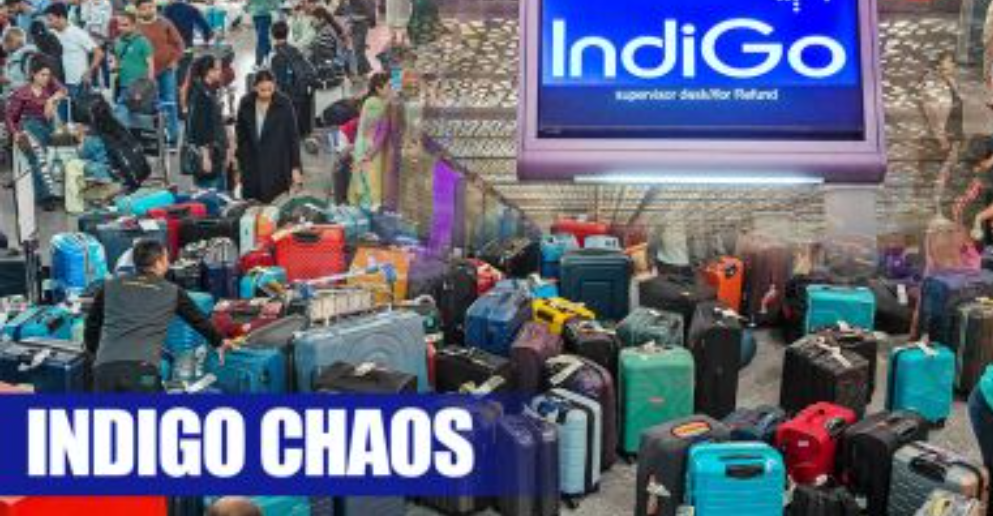





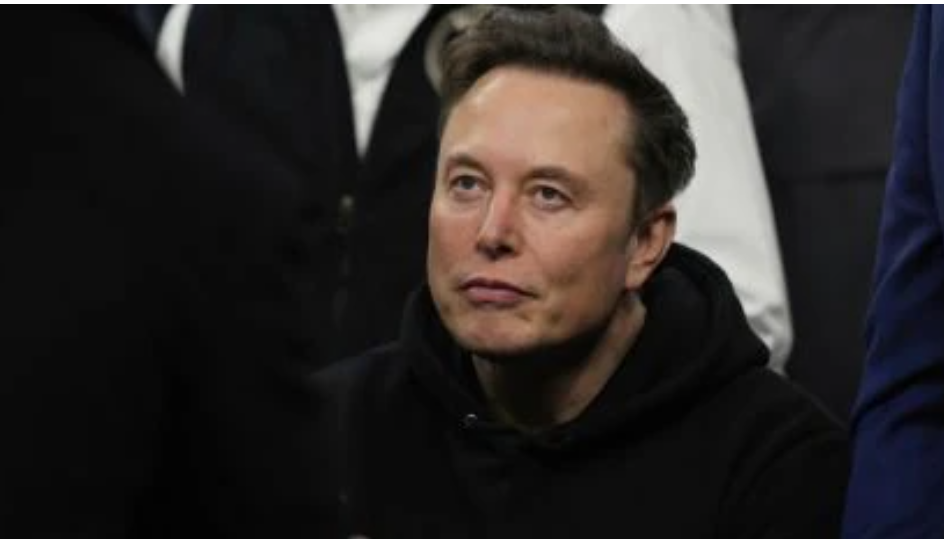
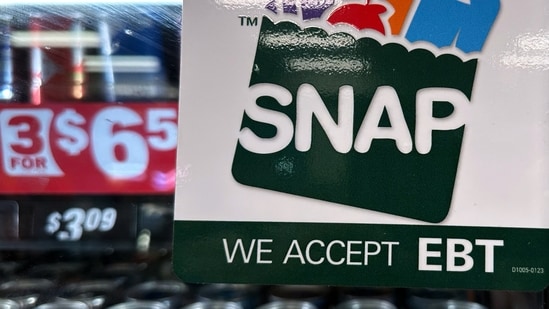
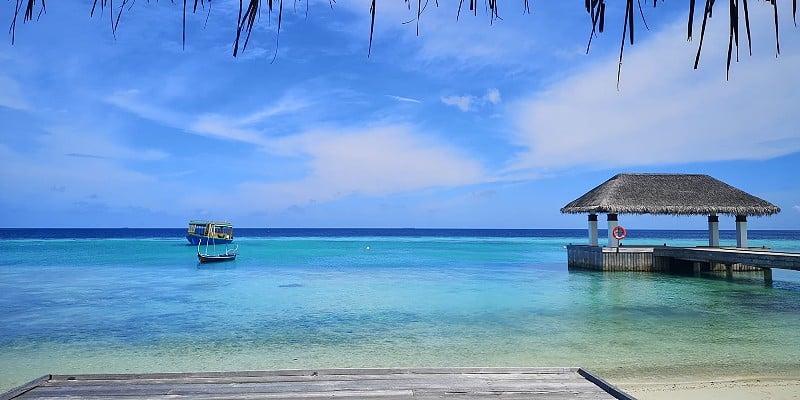
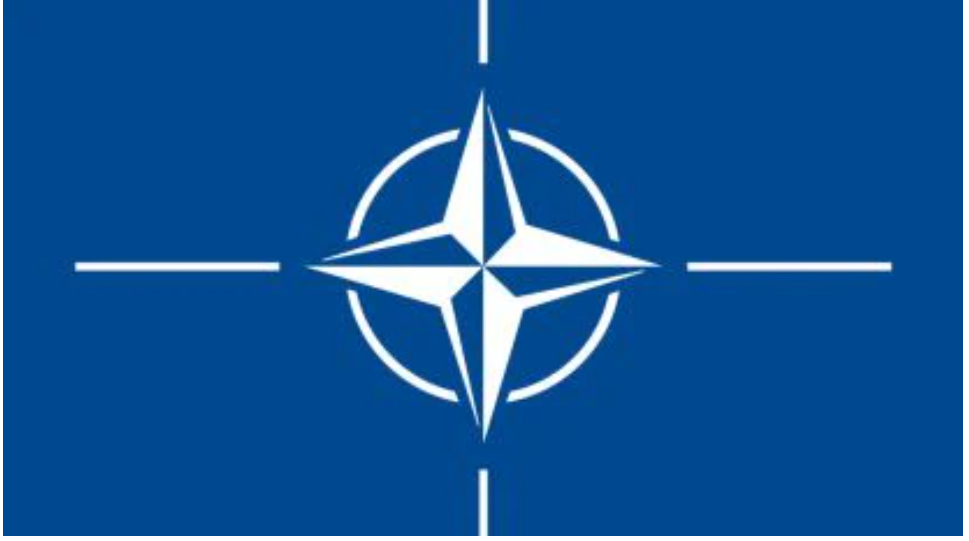




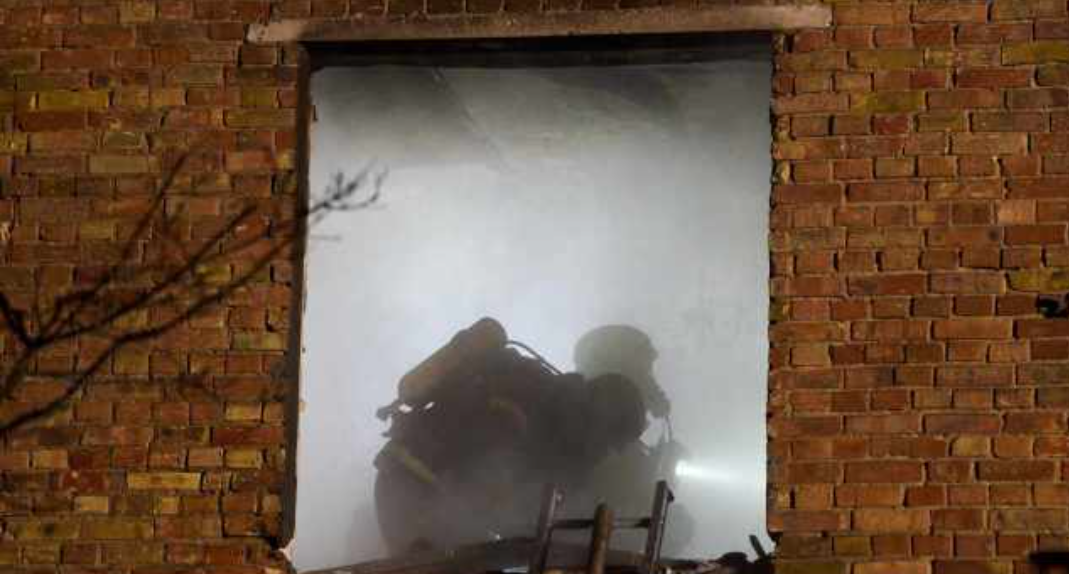
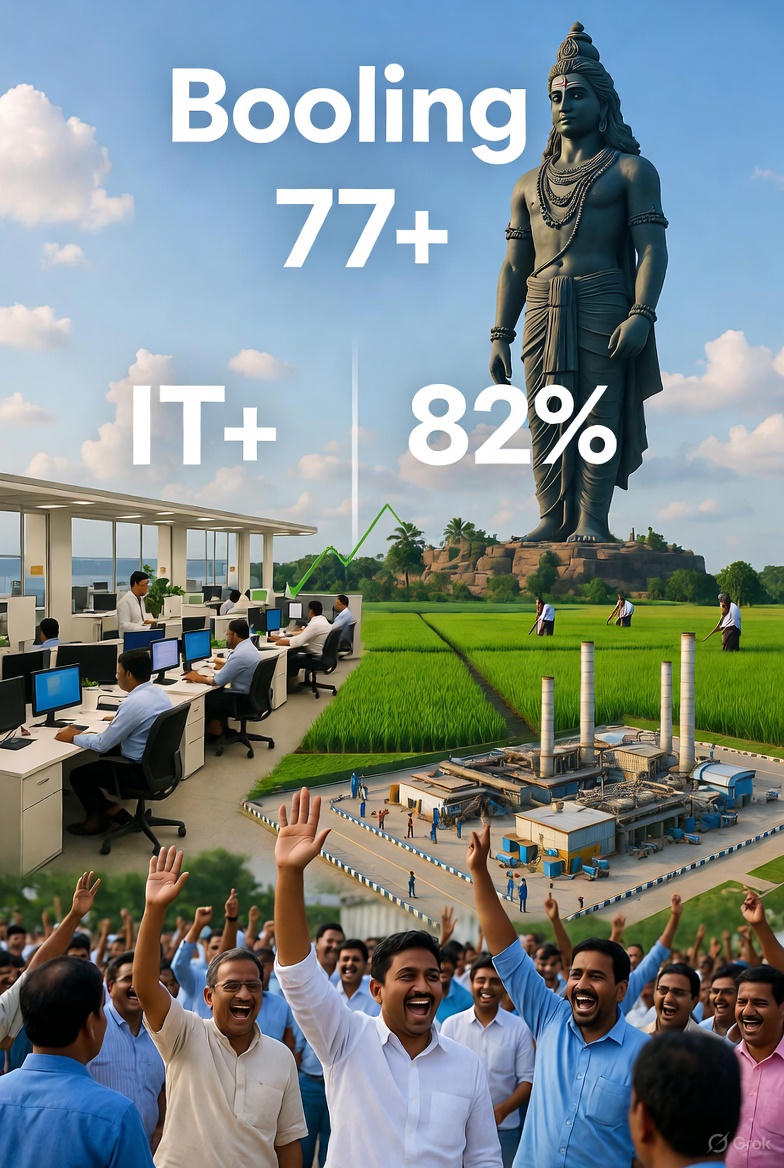













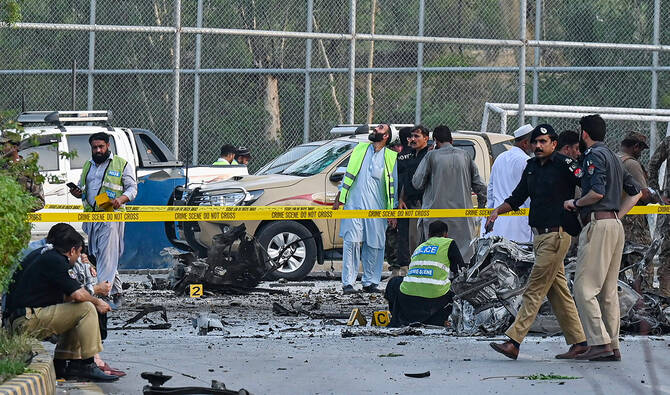


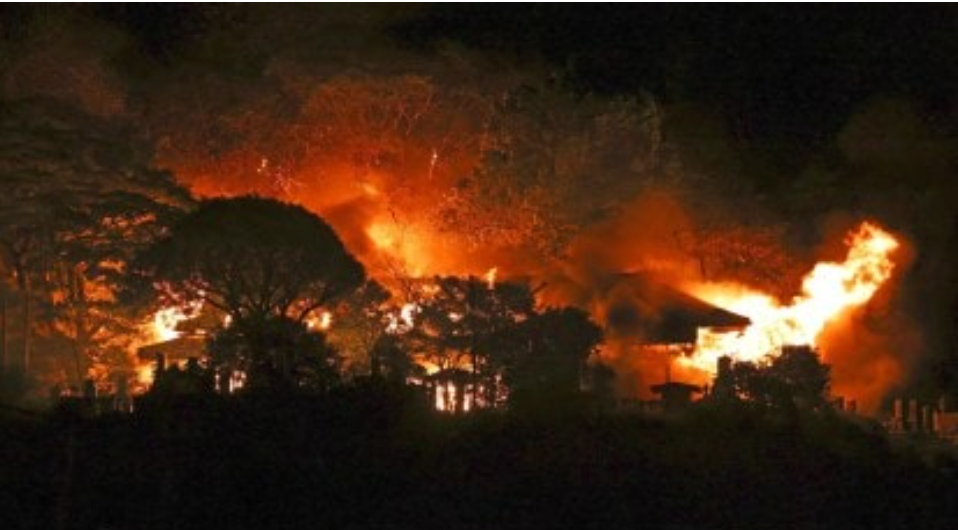
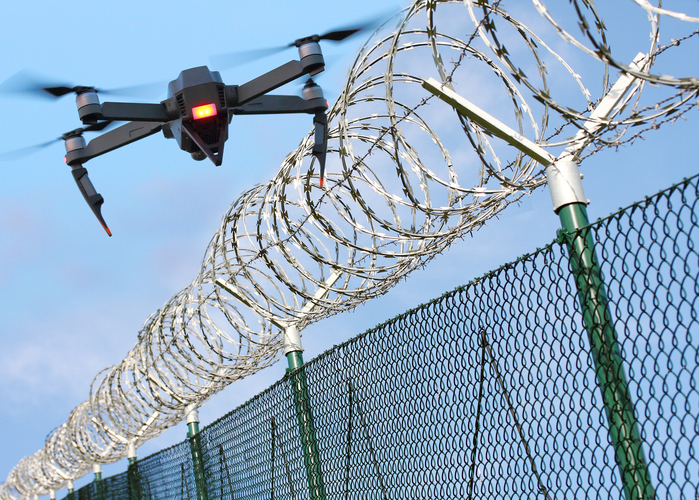
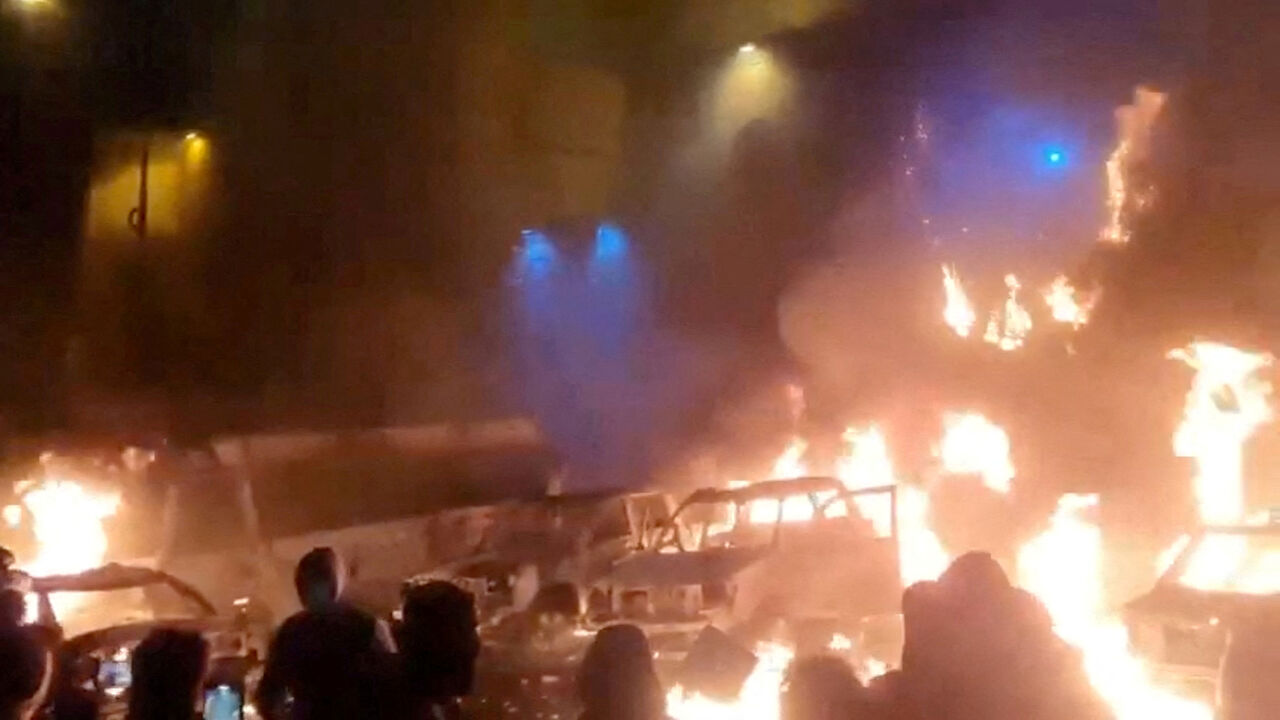
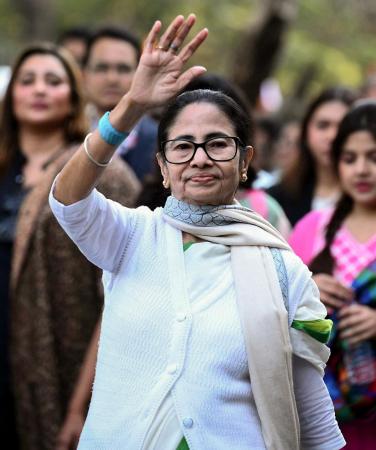
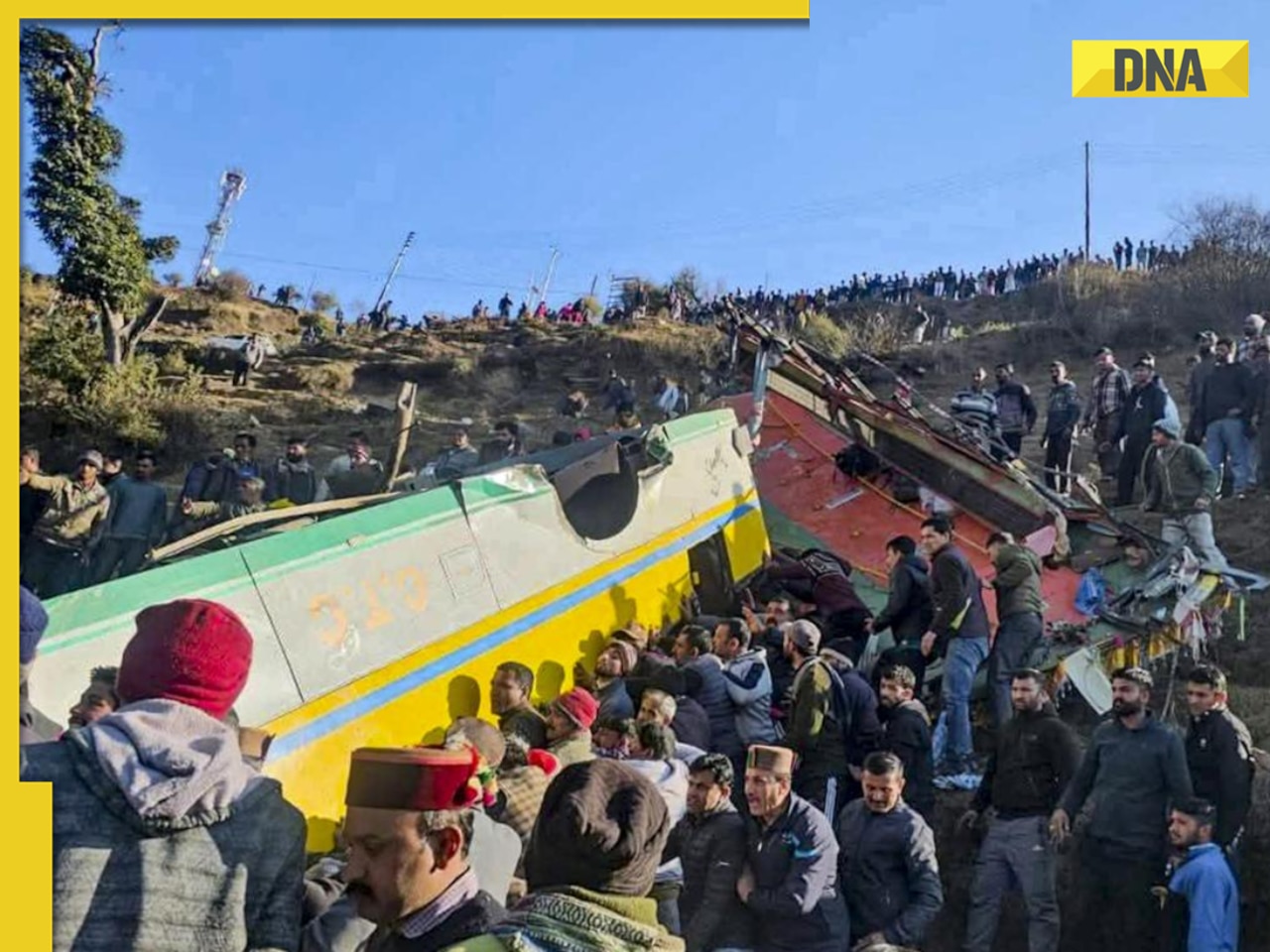
Leave a Reply